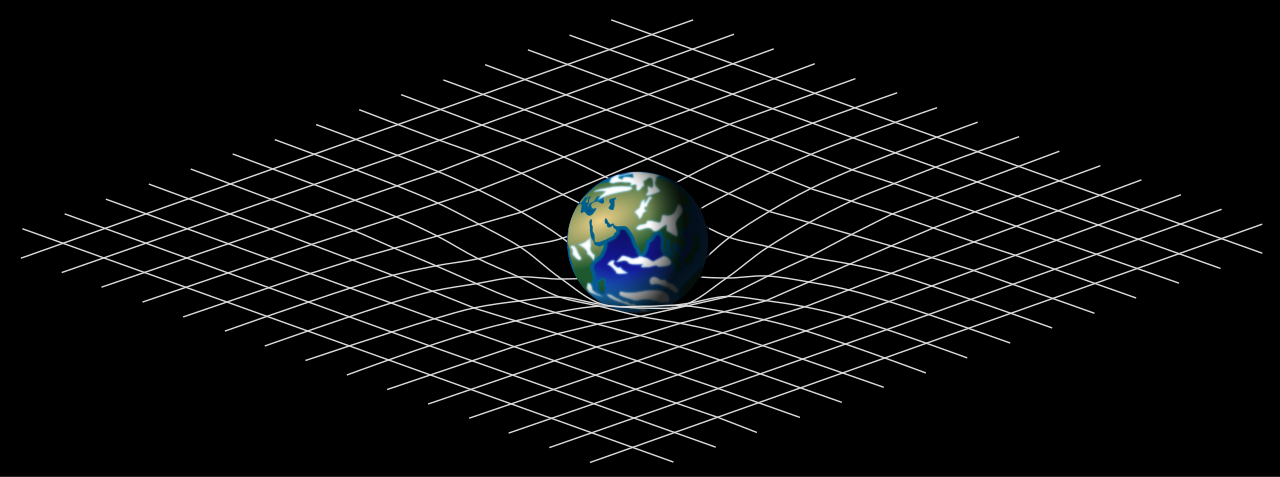
Does time really exist?
By Madeleine Hedin, Class of 2020.
Over the last 18 months or so (aka in lockdown), you’ve no doubt, at some point, had a little extra time on your hands to ponder the very nature of reality. I for one, find myself losing my grasp on time, which has led me to question “is time even real?”
I decided to do a little research, hoping to find some comfort in scientific fact. But alas, it appears that time as we know it may indeed be illusory, and ultimately cosmically insignificant.
How we experience time
We experience time on earth as the changing of seasons, as the process of ageing, life milestones, hours on a daily clock, waiting for something to happen or change (this one is surely pronounced for many of us at this time).
Our perception of time, and of ourselves no-less, is tied inextricably to our memories of the past. Scientists suggest however that this “past” is purely a construct of human memory. This is the result of our present neurological processes, and all that really exist are present moments, a series of “nows”. This might sound like somewhat of a physicist’s take on Eckhart Tolle’s infamous The Power of Now, though with little self-help value.
From the view of Newtonian physics, time fundamentally exists, as the fourth dimension within the spacetime continuum, we experience the world around us within a “block universe” framework. Time seems to unfold for us along an arrow, moving from past to present, but never backwards. This view of time is tied to entropy, or the increasing disorder of things over time. Consider for example an egg, becoming your morning omelette, which can never again become an egg.
It’s all relative
Under Einstein’s theory of general relativity, time is relative, and passes differently depending on your frame of reference.
Due to gravitational time dilation, time moves more slowly where gravity is higher. Time will therefore, albeit negligibly, move slower at the ocean compared to the mountains, or even between our feet and heads. Time also moves slower as you move faster, however this difference is not significant until you approach the speed of light.
Some new theories in quantum mechanics suggest that time does not exist at the quantum level, and that it is not a necessary condition in the construction of reality, but merely a reflection of change.

Relativity meets quantum mechanics
A group of scientists have developed the loop quantum gravity theory, supporting the notion of physics without time, which suggests that some equations of quantum gravity can be written without reference to time at all.
Carlo Rovelli, one of the creators of this theory, suggests that our perception of the flow of time is misguided by our lack of ability to see the detail in our world. In this “thermal time hypothesis” he suggests that events (the interactions of particles at a given place and time), rather than particles or fields, are the basic components of the world.
We are unable to know the positions and speeds of all the particles in the universe due to quantum uncertainty, however if we could, there would be no entropy and no unfolding of time.
A world without time?
Rovelli’s brave new theories of physics without time are still subject to great questioning, but Indigenous Australians have embraced the idea of a world without time since as early as 50,000 BC. The past and present were inextricably linked, and the spirits of long-passed ancestors were believed to inhabit the living, reflecting the long-ago age of the Dreamtime.
What is the main takeaway from all of this? It seems that the meaning and reality of time continues to be elusive. We can now reflect upon the notion that the present moment is simultaneously everything and nothing, and that the memories that make up our lives and identities reflect a fundamentally non-existent past.
BRB, plunging head-on into a timeless vortex of existential terror.
For a little light reading:
Javadi, H. (2015). Graviton: physical time and thermodynamics. General Science Journal.
Meyers, M. (2019). This is the world’s most accurate clock – for now, anyways. <https://abcnews.go.com/Technology/worlds-accurate-clock-now/story?id=64877303>
Swanson, N. (2018). Can Quantum Thermodynamics Save Time? <http://philsci-archive.pitt.edu/15756/1/Swanson_Thermal%20Time.pdf>
Vaccaro, J. A. (2018). The quantum theory of time, the block universe, and human experience. Philosophical Transactions of the Royal Society A: Mathematical, Physical and Engineering Sciences, 376(2123), 20170316.
Categories